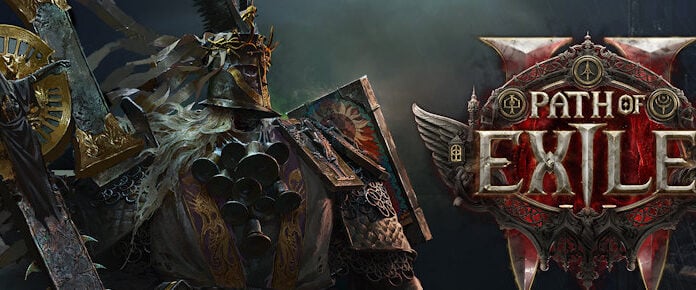
“We owe it to the players and, I think, to the world to do something like that. […] What I don’t want to do is be like, ‘Okay, team, next character, whatever you do, has to be lesbian.’ I don’t think we’ll end up with something good there…. From the beginning, it has to be the character’s identity. I’m sure we’ll do it at some point. I don’t know which character or when it will happen.”
If and when it does happen, Street says, it’ll likely be in “storytelling outside the game.”
In other League of Legends news, Kotaku has a new piece out on Tainted Minds, a top Aussie LoL pro team that is apparently imploding over claims that their team house — the literal building they live in while training — is disgusting. Players claim the house had no AC, suffered multiple sanitation and safety problems (including mold), lacked computers and reliable internet, and had no functional shower. Apparently, the team manager did their laundry — until they stopped paying her — and the house has no working laundry machines either. The situation forced team members to camp out in internet cafes to practice, and as stipends and fees began to go unpaid, players — and the coach — started to quit one by one.
It might be tempting to blame the team owners for the problems, but the players suggest Riot ignored their complaints too, in one case alleging a clear conflict of interest. Yesterday, however, Riot denied knowing about the safety issues and unpaid wages and essentially deflecting responsibility, saying that when living standard complaints had been lodged, Riot recommended first dispute resolution and then that participants seek legal advice. Riot also claims that its contracts cover housing occupancy but not general living standards for the pro players (whose performance, y’know, makes Riot a truckton of money).














